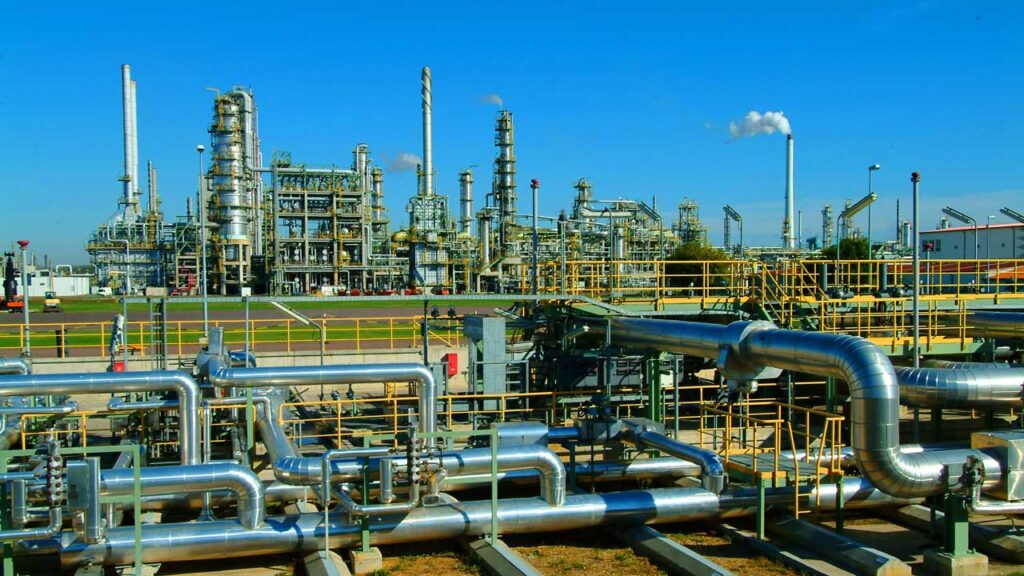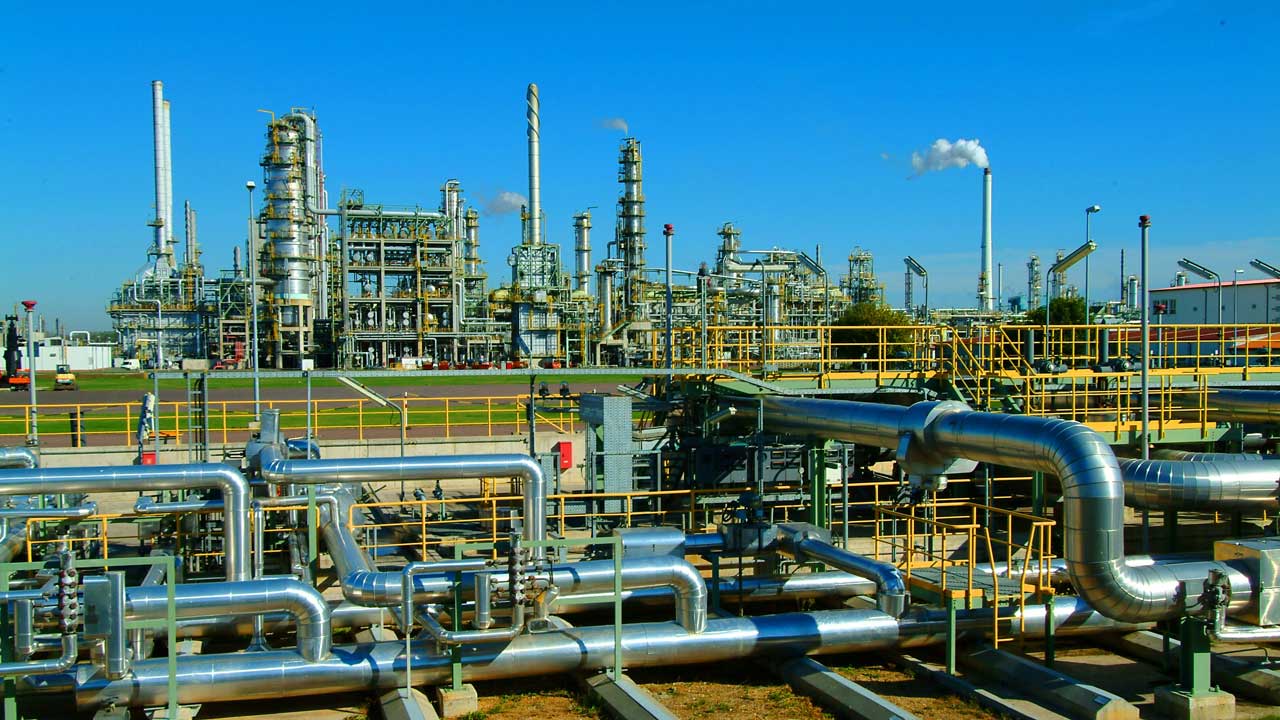
The World Energy 2023 report has brought to light a startling 92% decline in Nigeria’s crude oil refining output over the past decade, raising serious concerns about the country’s energy sector.
In 2012, Nigeria boasted a robust production level of 92,000 barrels per day (bpd), but this figure has dramatically dwindled to a mere 6,000 bpd in 2022, marking a significant decrease in refining capacity.
This alarming data, outlined in the 72nd edition of the Energy Institute’s report, aligns with the revelations in the Organization of the Petroleum Exporting Countries’ (OPEC) Annual Statistical Bulletin for 2023.
OPEC’s report underscores Nigeria’s sharp drop in crude oil refining capacity, falling from 33,000 bpd in 2018 to 6,000 bpd in 2022, indicating an 81% reduction in production output.
Despite Nigeria’s ownership of four government-operated refineries—two in Port Harcourt and one each in Warri and Kaduna—with a combined capacity to process about 4.45 million barrels of crude oil daily, the country heavily relies on importing refined petroleum products.
Responding to this crisis, the Minister of State for Petroleum, Heineken Lokpobiri, had previously announced plans for the Port Harcourt refinery to commence operations by the end of the current year, following multiple delays.
Echoing this commitment, Mele Kyari, the Group Chief Executive Officer of the Nigerian National Petroleum Corporation Limited (NNPCL), affirmed that the Port Harcourt refinery is scheduled to begin operations in December 2023, followed by the Warri refinery in early 2024 and the Kaduna refinery by the end of the same year.
In a meeting with the Speaker of the House of Representatives, Tajudeen Abbas, Kyari expressed confidence in putting an end to fuel importation by 2024, with the goal of restoring the nation’s self-sufficiency in refined petroleum products.
“I can confirm to you that by the end of December this year, we will start the Port Harcourt refinery; early in the first quarter of 2024, we will begin the Warri refinery, and by the end of 2024, the Kaduna refinery will come into operation.
“We will no longer discuss fuel importation by the end of 2024. I am very optimistic that this will crystallize,” he said.
The imminent deadline imposed by the federal government, led by President Bola Ahmed Tinubu, is heightening endeavors to rejuvenate and rehabilitate Nigeria’s refinery operations. The goal is to rescue the country’s energy sector from the verge of collapse.








Leave a Reply